Katelyn Jill – (Payday with Kate & Your Breakthrough Podcast)

Who is Katelyn Jill, aka Payday with Kate? Your Breakthrough Podcast: Empowering Stories, Game-Changing Strategies, and the Path to Financial Freedom with Katelyn Jill. Below is her whole YouTube Channel and here is the link to her podcast! Quick Takeaways: Katelyn Jill, aka “Payday with Kate,” is an inspiring entrepreneur and content creator who empowers […]
Nero Knowledge – How To Outsmart The Game Of Reality
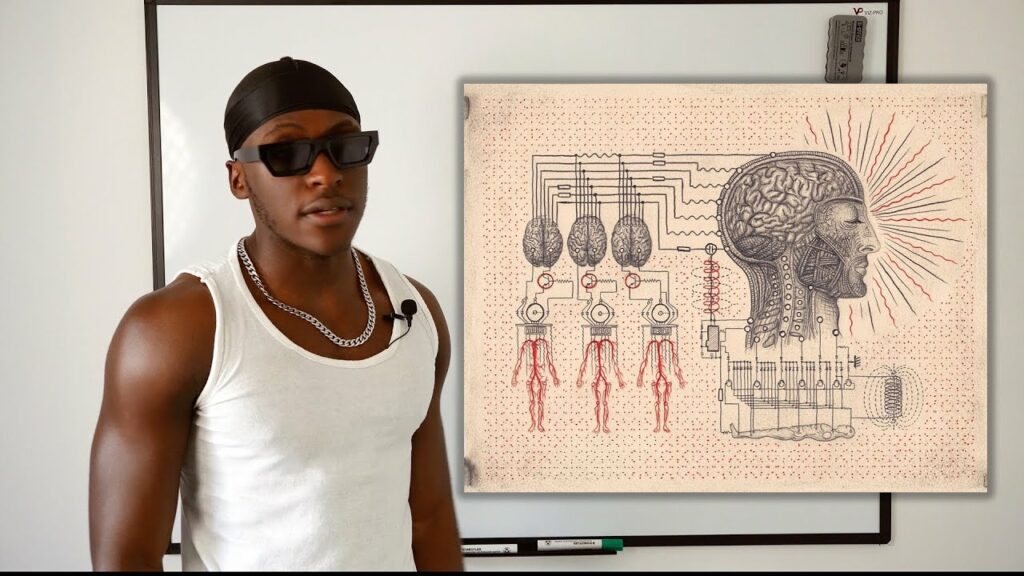
Mastering Reality: How to Outsmart the Game of Life Unlocking the Power of Mental and Spiritual Alignment to Achieve Your Desires In a world where success often seems elusive and reserved for a select few, understanding the true nature of reality can be the key to transforming your life. Nero, a leading voice in metaphysical […]
President Donald J. Trump On The Shawn Ryan Show
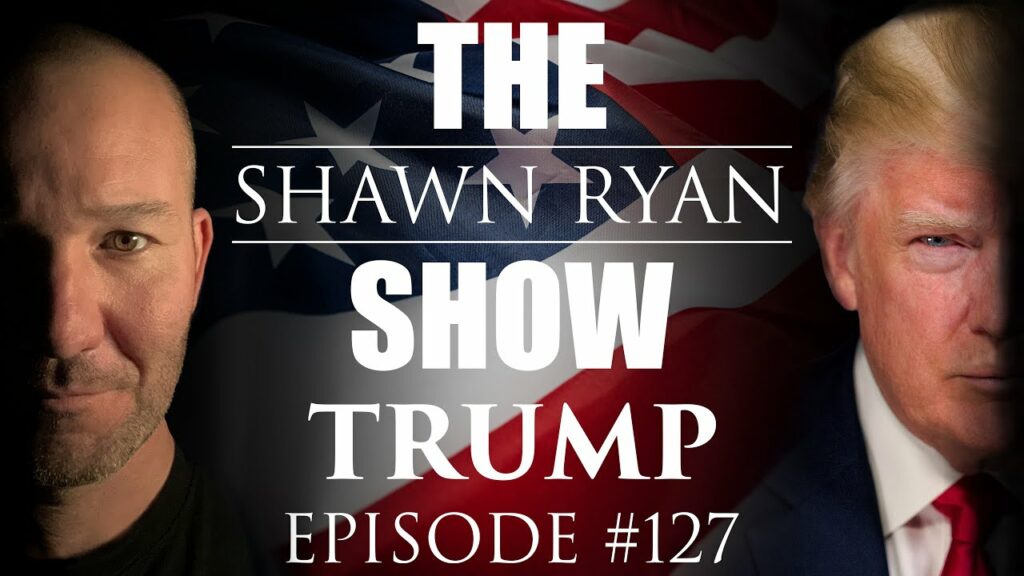
President Donald J. Trump – Make America Great Again | Shawn Ryan Show Podcast (SRS #127) In a compelling and wide-ranging interview on The Shawn Ryan Show, former President Donald Trump sat down with host Shawn Ryan, a former Navy SEAL and CIA contractor, to discuss some of the most pressing issues facing the U.S. […]
How to Start an AI Business in 2024 By Liam Ottley

Step by Step Learn How to Start an AI Business Transforming Your Curiosity into a Profitable Venture Overview of AI Business Potential: The video emphasizes the immense potential of the AI industry, showcasing the journey from zero to earning $100,000 monthly, and encourages viewers to consider starting their own AI business to capitalize on the […]
40 Harsh Truths I Know at 40 but Wish I Knew at 20
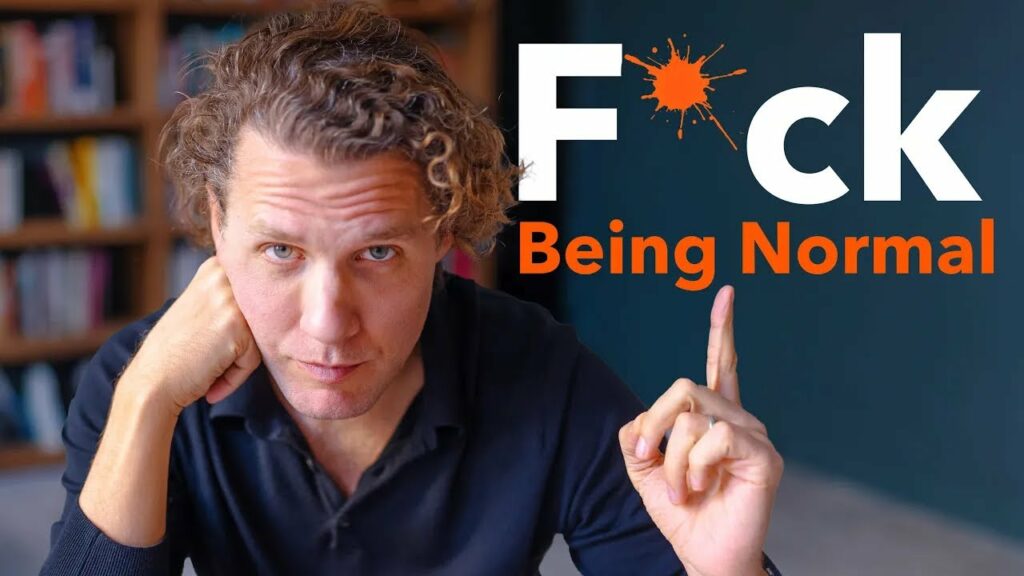
Wisdom Gained Through Experience: Life Lessons for the Younger Generation By Mark Manson: Wisdom Gained Through Experience Today is Mark’s 40th birthday, a significant milestone that brings with it a wealth of knowledge and insights. Reflecting on the past two decades, I realize there are numerous harsh truths I now understand that would have significantly […]
Chicken Soup for the Soul TV

Chicken Soup for the Soul TV: A Source of Heartwarming Stories Discover the Channel That Brings Inspiration and Comfort to Your Screen Introduction to Chicken Soup for the Soul TV Chicken Soup for the Soul TV is a YouTube channel that brings the beloved stories from the iconic “Chicken Soup for the Soul” book series […]
David Bayer Youtube Channel
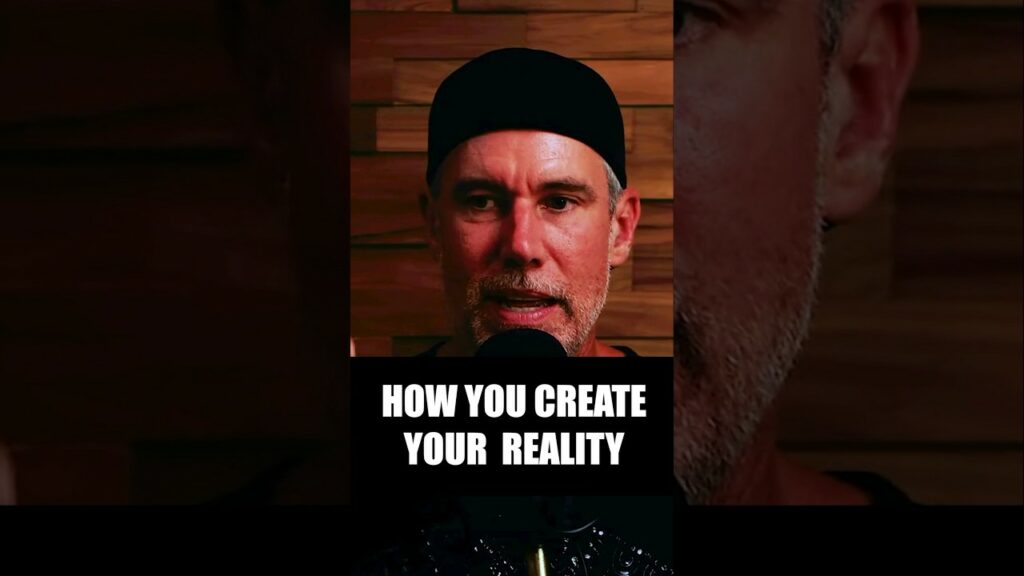
Unlocking the Secrets of Success with David Bayer Understanding the Popularity of David Bayer’s Content David Bayer’s YouTube channel is a treasure trove for those seeking personal growth, mindset transformation, and entrepreneurial success. With a focus on transformational thinking and actionable strategies, David Bayer captivates a diverse audience. To effectively leverage his content for keyword […]
After Skool Channel
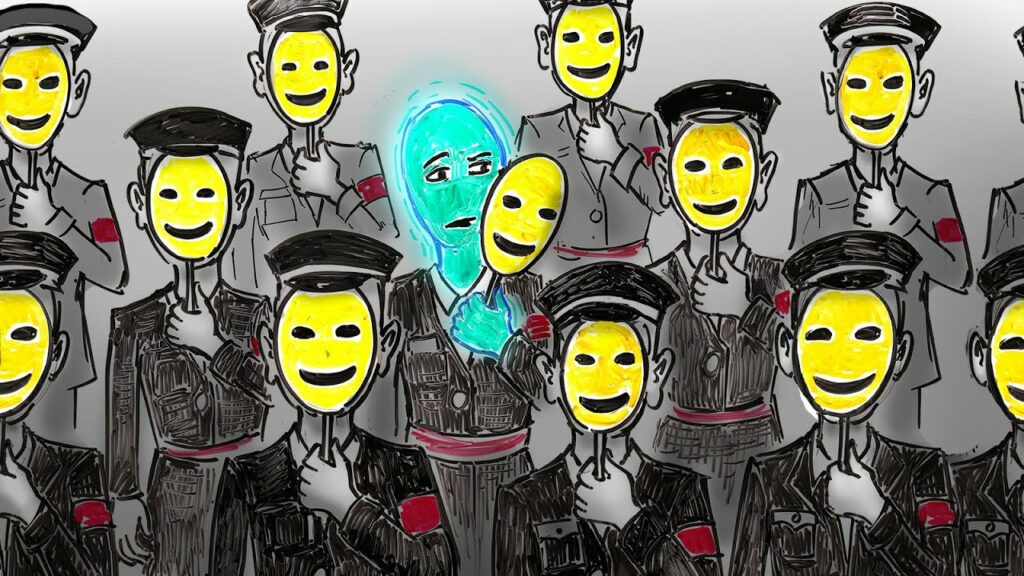
Exploring Wisdom Through Art: The After Skool YouTube Channel Insights and Inspirations from Leading Authors Introduction The After Skool YouTube channel is a treasure trove of insightful content presented in a unique and engaging format. Using drawing art to illustrate complex ideas, this channel covers a wide array of topics ranging from philosophy and science […]
Shadow Work: 50+ Video Collection!

Understanding Shadow Work: Embracing Your Inner Darkness Introduction to Shadow Work Shadow work is a transformative practice that involves delving into the unconscious aspects of oneself, often referred to as the “shadow.” This concept, introduced by the renowned psychologist Carl Jung, refers to the parts of ourselves that we repress or deny. Engaging in shadow […]
Gregg Braden – A Complete Guide to Harmonizing Your Mind, Body, and Spirit

A Complete Guide to Harmonizing Your Mind, Body, and Spirit by Gregg Braden Integrating Scientific Discoveries and Ancient Wisdom for Optimal Health For over 30 years, Gregg Braden has been at the forefront of merging science and spirituality, presenting new discoveries through his unique perspective as a scientist. His work aims to bridge the gap […]
ALONENESS TO ONENESS – Best Life Changing Spiritual Documentary Film on Non-duality – Todd Perelmuter
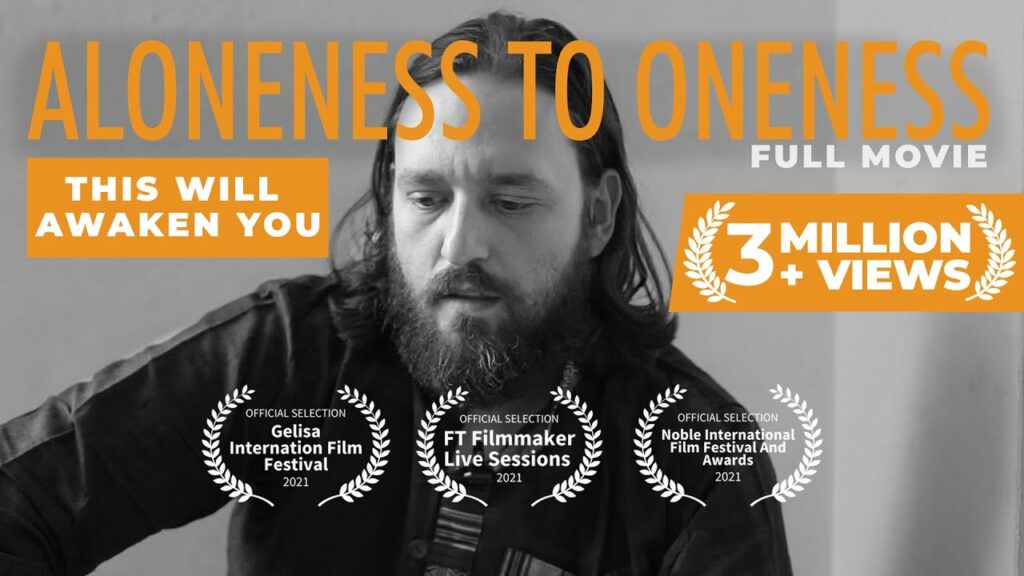
Aloneness to Oneness: A Journey of Spiritual Transformation Discovering Non-duality and the Essence of True Happiness Discovering Non-duality and the Essence of True Happiness During his travels in India, Aaron Abke met a man at an ashram who was around 45-50 years old, a bit older than the usual crowd. This man shared a poignant […]
How To Train Your Frequency – From Victim To Creator – Aaron Abke
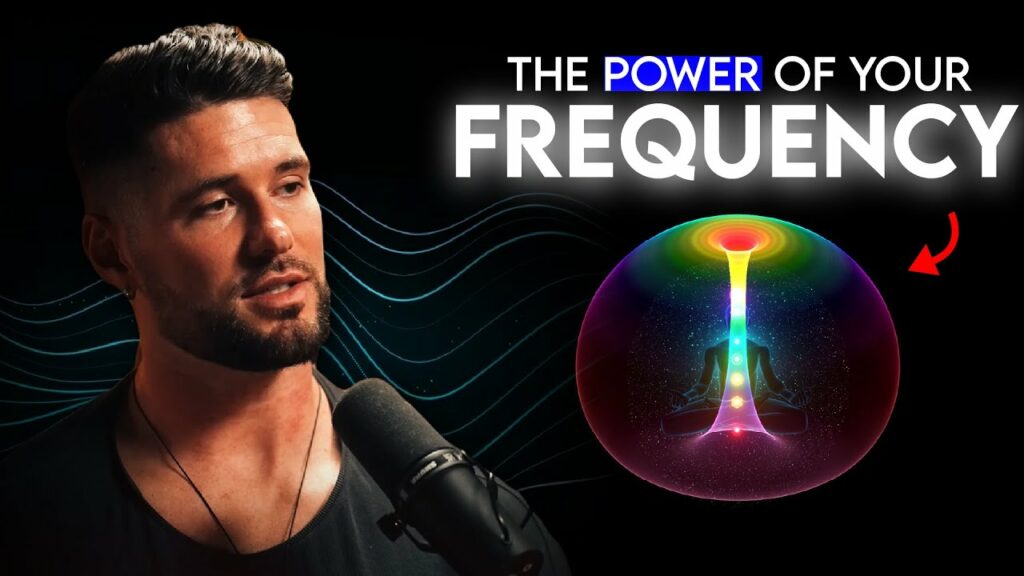
Embracing Creatorship: From Victim to Creator A Journey into Conscious Frequency Training with Aaron Abke and the Law of Attraction Understanding Creation of Reality In a transformative journey of self-discovery, Aaron Abke explains a challenging yet enlightening concept: we are the creators of our own reality. According to Abke, every experience we’ve had, from the […]
Meditation Basics – MindScience 001
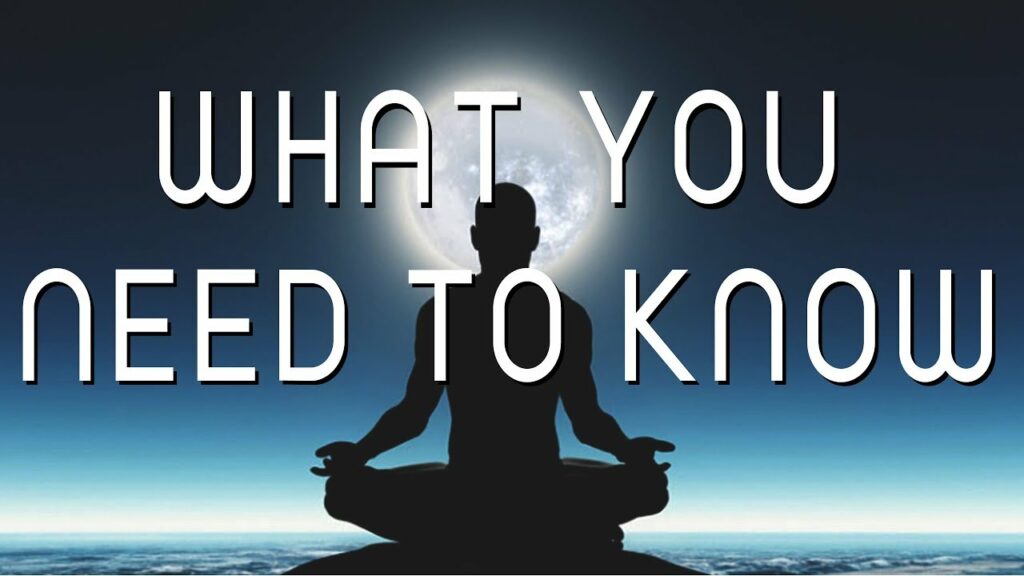
Mastering Meditation: A Beginner’s Guide by Aaron from MindScience Unlocking the Secrets of Mindfulness and Inner Peace Introduction to Meditation and the Series Welcome to the first episode of the “MindScience” series by Aaron. This new segment is dedicated to exploring the science of the mind. In this episode, Aaron delves into the basics of […]
The Prison Of Your Mind – Sean Stephenson – TEDx

The Prison of Your Mind: Lessons in Self-Empowerment from Sean Stephenson Empowerment Over Predictions Sean Stephenson, in his powerful TEDx talk at Ironwood State Prison, emphasizes the critical importance of rejecting disempowering predictions. Born with a severe condition, doctors told his parents he wouldn’t survive 24 hours. Yet, 35 years later, Stephenson stands as a […]
Ten Percent Happier Podcast With Dan Harris
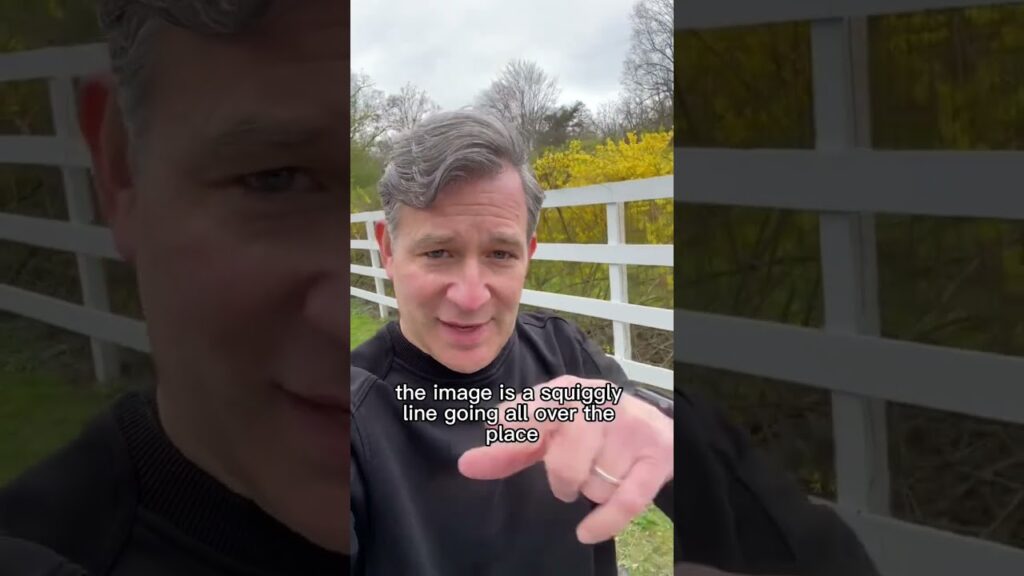
Exploring Mindfulness and Happiness: The Ten Percent Happier Podcast with Dan Harris Introduction: A Journey into Mindfulness In the fast-paced world of today, finding moments of peace and clarity can be challenging. The Ten Percent Happier podcast, hosted by former ABC News anchor Dan Harris, offers a beacon of hope for those seeking to improve […]
